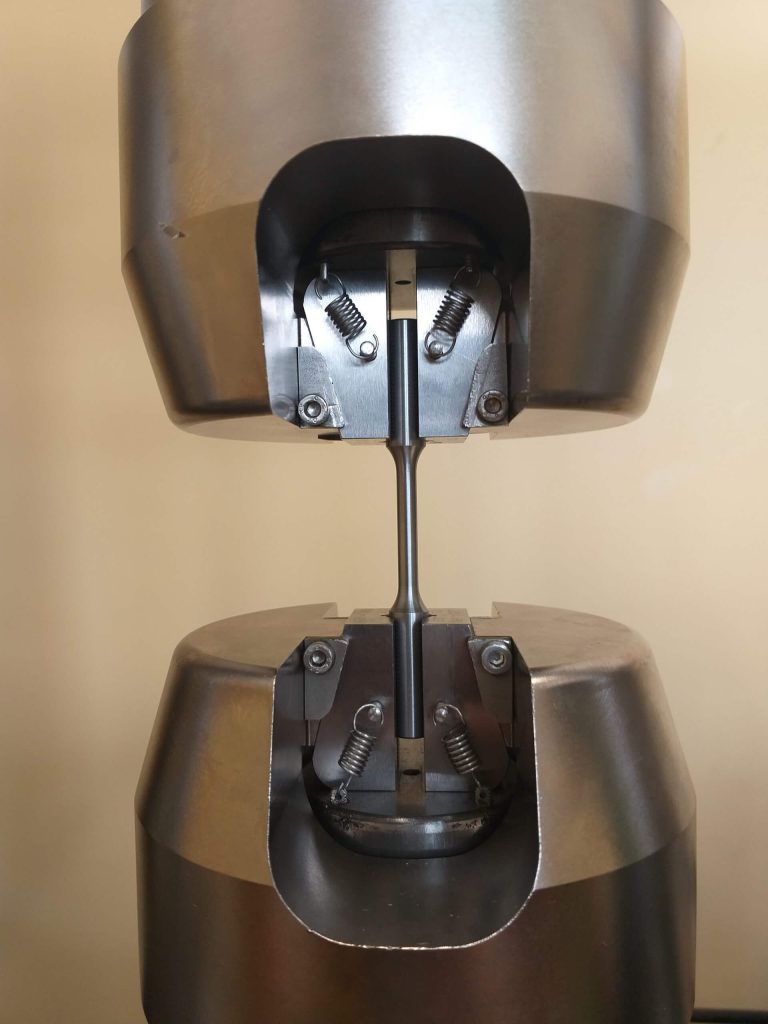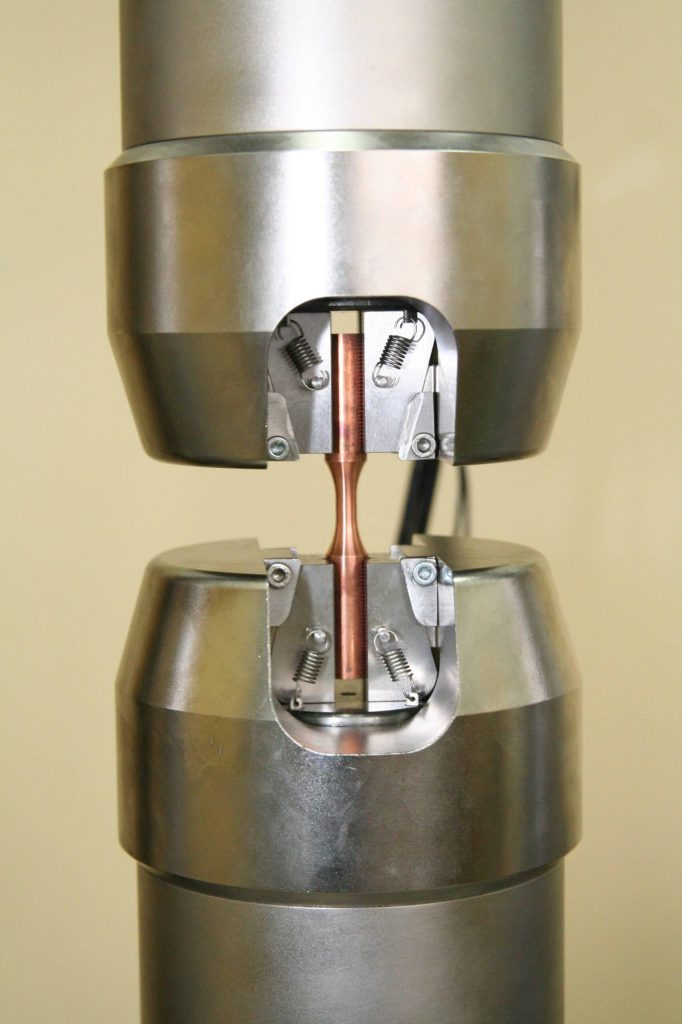FABER (Fatigue Benchmark Repository) is a COST Action focused on creating a comprehensive fatigue data repository, enhancing prediction methods, and fostering collaboration among academia, industry, and developers for safer, cost-effective designs.


FABER COST offers significant benefits by creating a centralized fatigue data repository, improving prediction accuracy, and fostering collaboration across academia, industry, and developers. This initiative enhances the reliability and efficiency of fatigue analysis, ensuring safer, more cost-effective engineering solutions. By supporting open science, FABER drives innovation and modernizes fatigue life prediction methods.


Our team of researchers, engineers, and collaborators is dedicated to advancing fatigue research

Action Chair & Grant Holder Scientific Representative

Action Vice-Chair

Science Communication Coordinator

Grant Awarding Coordinator